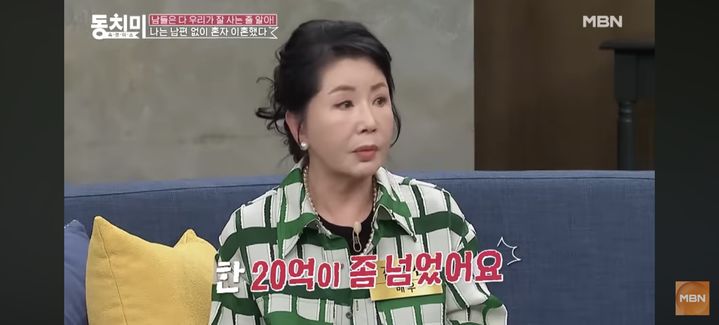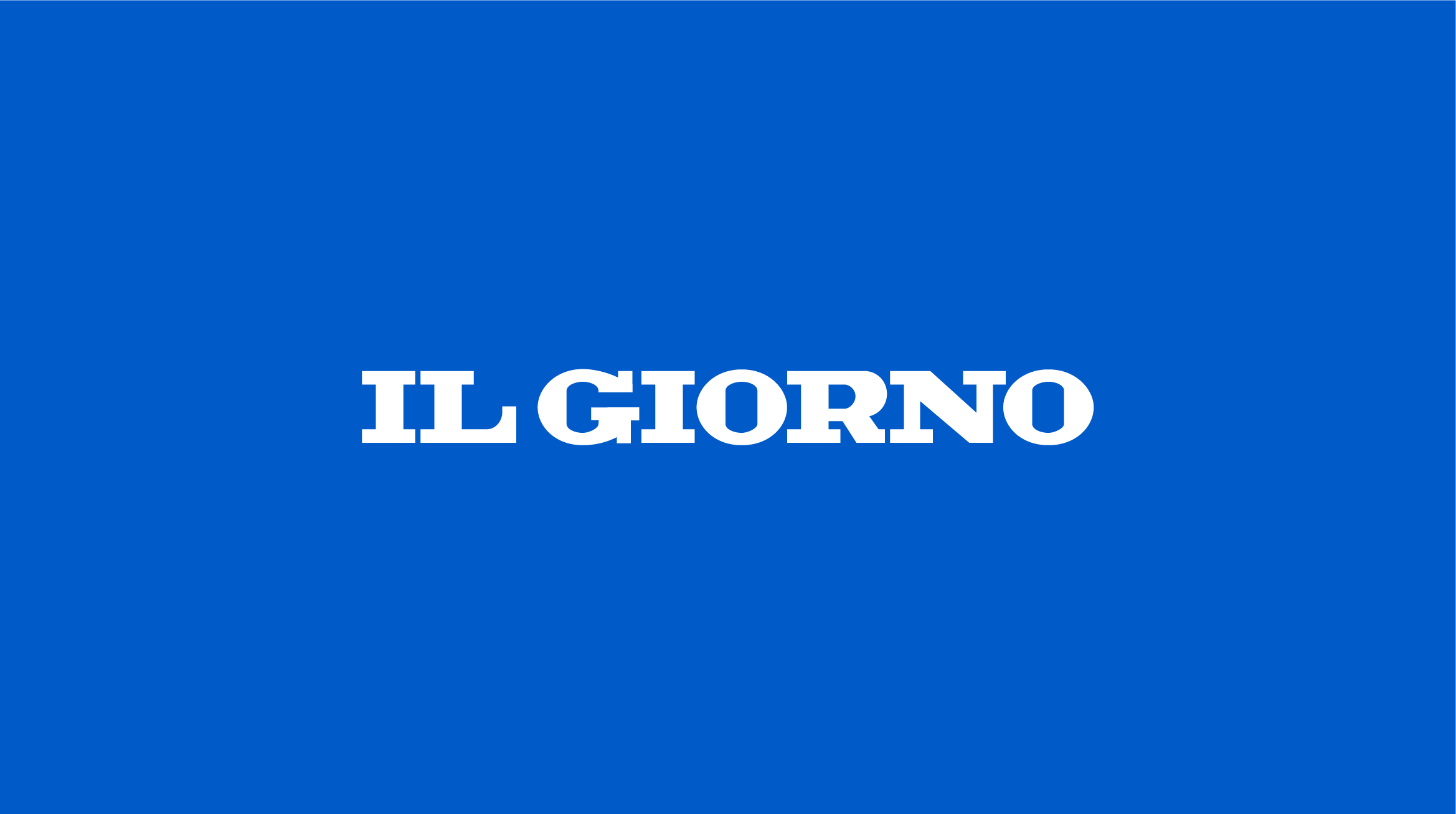Recordati Korea announced that ‘Qwaziba (ingredient name: dinutuximab beta)’, an immunotherapy treatment for high-risk groups and relapsed/refractory neuroblastoma, will be covered by health insurance from December 1 in accordance with the Ministry of Health and Welfare’s notice.
According to the Ministry of Health and Welfare’s ‘Details on the Application Standards and Methods of Nursing Care Benefits’, Kwaziba is a neuroblastoma patient over 12 months old and under 20 years old who has not previously received anti-GD2 antibody treatment. ▲After previous induction chemotherapy. Satisfies at least one of ‘INSS stage 4’ or ‘INSS stage 2-3 and MYCN gene amplification’ with a history of hematopoietic stem cell transplantation after showing a partial response If treatment is started within 6 months after completion of hematopoietic stem cell transplantation ▲ Reimbursement is applied to patients with relapsed or refractory neuroblastoma.
Although the survival rate of neuroblastoma has improved significantly over the past 20 years due to the development of treatment methods, there remains an unmet medical need in high-risk groups and relapsed/refractory patients who are experiencing difficulties in treatment due to frequent recurrences and low survival rates. In Europe, Quaziba has been used as a standard treatment option for maintenance therapy for high-risk neuroblastoma with approval since 2017, but in Korea, there were no immunotherapy options approved for maintenance therapy for the past eight years until Quaziba was approved in June, so treatment is limited. was big.
This reimbursement listing was made based on key clinical (pivotal) studies, including the phase 3 clinical study of APN311-302. As a result of the APN311-302 phase 3 clinical trial, the 5-year event-free survival (EFS) rate of the Qwaziba group (n=378) in maintenance therapy for high-risk neuroblastoma patients was 57% and the 5-year overall survival (OS) rate was 64%. It was significantly higher than the 42% and 50% of the past control group (n=466) who did not receive Ziva immunotherapy.
Professor Lee Ji-won of the Department of Pediatrics and Adolescent Hematology and Oncology at Samsung Seoul Hospital said, “High-risk groups and relapsed/refractory neuroblastoma have a particularly poor prognosis and have a large disease burden, so microresidual disease (MRD) is recommended to prevent recurrence when treating neuroblastoma. “It is very important to implement appropriate maintenance therapy that can minimize the risk,” he said. “Kwaziba significantly improves the survival period of patients in maintenance therapy for high-risk neuroblastoma compared to the existing non-immunotherapy group, and is the standard treatment for maintenance therapy.” “We have shifted the paradigm,” he said.
Professor Choi Jeong-yoon of the Department of Pediatrics at Seoul National University Children’s Hospital said, “Major overseas guidelines, such as the International Society of Pediatric Neuroblastoma (SIOPEN) and the National Comprehensive Cancer Network (NCCN), already recommend anti-GD2 antibodies such as Quaziba as standard immunotherapy for maintenance treatment of high-risk neuroblastoma. “We are looking forward to changes in the domestic treatment environment that will occur as domestic neuroblastoma patients also receive global standard treatment,” he said.
Lee Yeon-jae, CEO of Recordati Korea, said, “We are pleased to be able to provide new hope to high-risk groups and pediatric patients with relapsed/refractory neuroblastoma who have had treatment limitations due to the lack of immunotherapy options approved in Korea through the listing of Qwaziba for reimbursement. “I think we will continue to strive to develop and introduce innovative treatments in Korea that can solve the unmet medical needs of patients with rare diseases, including rare pediatric cancers, and to improve the treatment environment for patients with rare diseases in Korea.” “I will do my best,” he said.

How will the reimbursement of Kwaziba by Korean health insurance specifically affect patient access to this treatment compared to pre-reimbursement availability?
## Kwaziba Reimbursement: A New Hope for Neuroblastoma Patients in Korea
**Introduction:**
Welcome to World-Today-News. Today, we’re discussing a significant development in pediatric cancer treatment in Korea. The immune therapy drug Kwaziba, for the treatment of high-risk neuroblastoma, is now covered by health insurance. We have two esteemed guests with us today to delve into the implications of this news.
Professor Lee Ji-won, a leading expert in pediatric hematology and oncology at Samsung Seoul Hospital, and Professor Choi Jeong-yoon, a renowned pediatrician from Seoul National University Children’s Hospital, thank you both for joining us.
**Section 1: Understanding Kwaziba and Its Significance**
* Professor Lee, could you please explain what Kwaziba is and how it works in treating neuroblastoma?
* This article highlights that Kwaziba represents a shift towards immune therapy. Professor Choi, can you elaborate on why this approach holds promise for neuroblastoma treatment?
* This treatment had previously been unavailable in Korea. What challenges did this present for patients and their families?
**Section 2: Clinical Impact and Evidence**
* Kwaziba has shown promising results in clinical trials. Professor Lee, can you share some of the key findings from these trials that led to Kwizaba’s approval and reimbursement?
* The article mentions Kwaziba’s impact on event-free survival and overall survival rates. Can you elaborate on what these terms mean for patients and their families?
**Section 3: Towards Global Standard Care**
* Professor Choi, Kwaziba is already considered a standard treatment option in Europe. How does this Korean reimbursement decision align with those international standards?
* This development signifies a positive shift in Korean healthcare. What further advancements do you foresee in the field of pediatric oncology in Korea?
* What message would you like to convey to young neuroblastoma patients and their families in light of this reimbursement news?
**Section 4: Access and Future Outlook**
* Ms. Lee Yeon-jae, CEO of Recordati Korea, commented on Recordati’s commitment to addressing unmet medical needs. Can you elaborate on Recordati’s future plans for Kwaziba and other innovative therapies in Korea?
* What are some of the challenges and opportunities you anticipate in ensuring equitable access to Kwaziba and other critical treatments for all neuroblastoma patients in Korea?
* Looking ahead, what are your hopes for the future of pediatric cancer treatment in Korea and beyond?
**Conclusion:**
Thank you both for sharing your valuable insights today.
This interview hopefully sheds light on Kwaziba’s importance and the profound impact it holds for neuroblastoma patients in Korea. It highlights the progress made in pediatric oncology and underscores the commitment of healthcare professionals, pharmaceutical companies, and policymakers in providing access to innovative and life-saving therapies.

